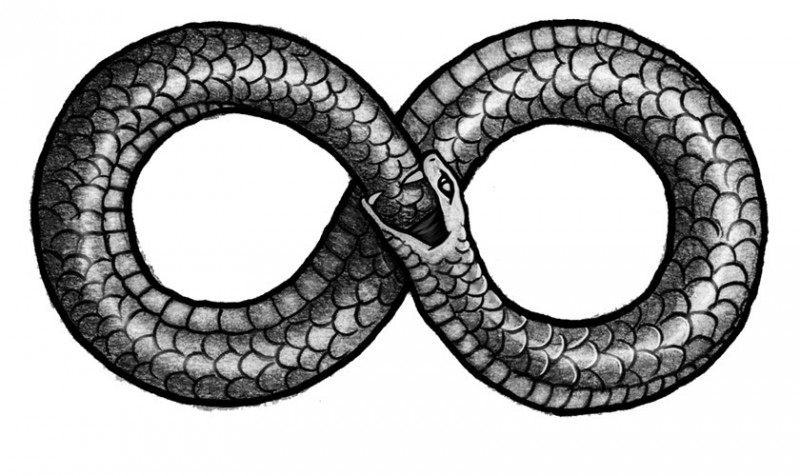With this provocative title, linguist Steven Pinker begins his provocative article deconstructing the concept of “human dignity” as currently employed by the religious right in America. The piece is aimed primarily at refuting a document called Human Dignity and Bioethics, released recently by President Bush’s Council on Bioethics — a body made infamous by its politically motivated sacking of prominent biochemist Elizabeth Blackburn.
Among other things, the theoconservative movement cites considerations of “dignity” in cautioning against broad classes of biological research, including stem cell therapeutics and — more recently, as the idea becomes more thinkable — life extension technologies. (As Reason at Longevity Meme put it, and quite rightly: “‘human dignity’ is a keyphrase used by conservative bioethicists to justify relinquishing progress in longevity science.”)
Thus, in the process of enumerating the shortcomings of dignity as a desideratum, Pinker incidentally engages in a brief but cogent defense of life extension technologies, as we can see in the following passage. (The “Kass” he refers to is this hack; one of Pinker’s main points throughout the article is the manner in which the President’s Council on Bioethics lacks relevant expertise and seems to have only one qualification for membership, namely lockstep adherence to the precepts of conservative Christianity.):
In an essay with the revealing title “L’Chaim and Its Limits, ” Kass voiced his frustration that the rabbis he spoke with just couldn’t see what was so terrible about technologies that would extend life, health, and fertility. “The desire to prolong youthfulness,” he wrote in reply, is “an expression of a childish and narcissistic wish incompatible with devotion to posterity.” The years that would be added to other people’s lives, he judged, were not worth living: “Would professional tennis players really enjoy playing 25 percent more games of tennis?” And, as empirical evidence that “mortality makes life matter,” he notes that the Greek gods lived “shallow and frivolous lives”–an example of his disconcerting habit of treating fiction as fact. (Kass cites Brave New World five times in his Dignity essay.)
Kass has a problem not just with longevity and health but with the modern conception of freedom. There is a “mortal danger,” he writes, in the notion “that a person has a right over his body, a right that allows him to do whatever he wants to do with it.”
Pinker argues that as a moral value, autonomy is in every way superior to dignity, which he criticizes as a slippery and potentially harmful concept. I mostly agree, though with two qualifications: First, autonomy itself can be over-valued — specifically, when one neglects to apply veil-of-ignorance logic to social contracts and thereby ends up forced to ignore those situations in which “freedom” is merely “privilege extended”. Second (and more relevant to biogerontology), I believe that dignity does have a place in the discussion, in the following sense: There is nothing dignified about pain, senility, incontinence, or frailty; therefore, one of the primary justifications for studying the processes of aging in human beings is that we might hope to someday prevent the scourges of late-life disease and thereby increase dignity for all.
Ultimately, it sounds like Steven Pinker would agree:
Even if progress were delayed a mere decade by moratoria, red tape, and funding taboos (to say nothing of the threat of criminal prosecution), millions of people with degenerative diseases and failing organs would needlessly suffer and die. And that would be the biggest affront to human dignity of all.
(Hat tips to Longevity Meme and EvolutionBlog.)

There is a “mortal danger,” he writes, in the notion “that a person has a right over his body, a right that allows him to do whatever he wants to do with it.”
Change the word his and he to hers and she and see what you come up with.